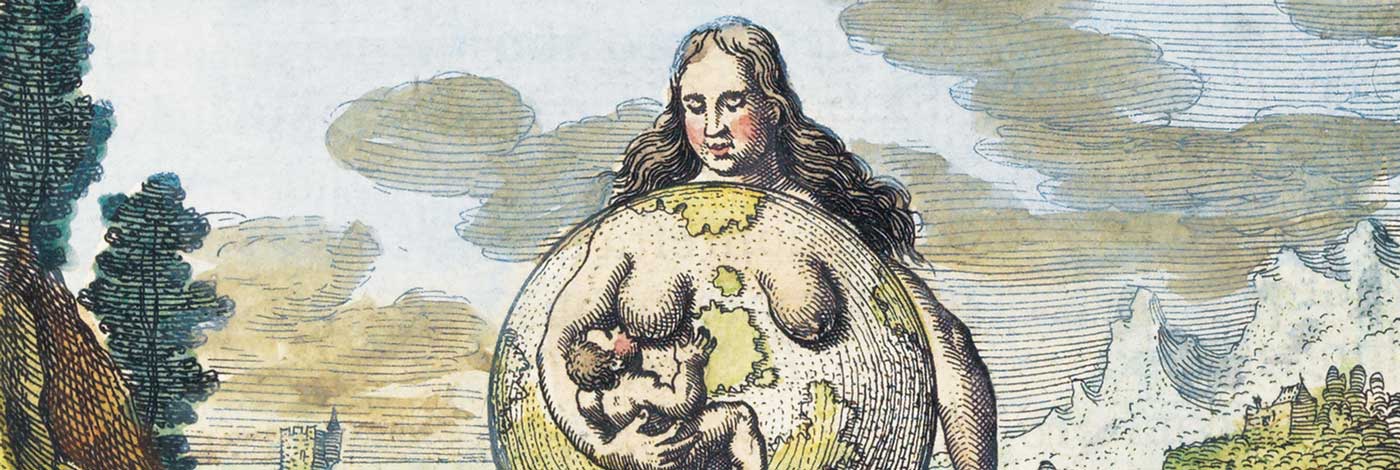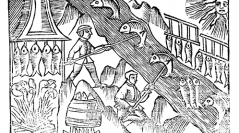

 Anthropozoologica
53 (8) - Pages 97-106
Anthropozoologica
53 (8) - Pages 97-106The life of the hermit Godric of Finchale was written in Latin by the English monk Reginald of Durham, according to the testimony of the holy hermit, shortly after his death in 1170. It is a hagiographic narrative including several miraculous fishings, which provides information on the aquatic fauna in the XIIth century in the estuary of Welland and in the rivers around Durham. At key moments of the narration, aquatic animals play an important role: the story of three beached dolphins, as well as the abundance of delicious salmons, which rush into the nets of the saint as soon as needed, are not fanciful nor trivial at all. This text gives details about the way these animals were taken and eaten: it describes especially an activity of collection at low tide, and compares the fat flesh of the cooked salmon with pork meat. The biographer, who is a contemporary of the saint and lives in the same region, knows very well the geographical and social context of the miracles. He pays attention to make precise descriptions of the facts, without forgetting the Christian morality of the story. These northern aquatic creatures are meaningfull with regard to the hagiographic project; at the same time, they contribute to a realistic evocation of the ecosystem and keep peculiarities which take them far away from the ideal model of the divine ichtus.
Dolphin, hagiography, fishing, saint, salmon.